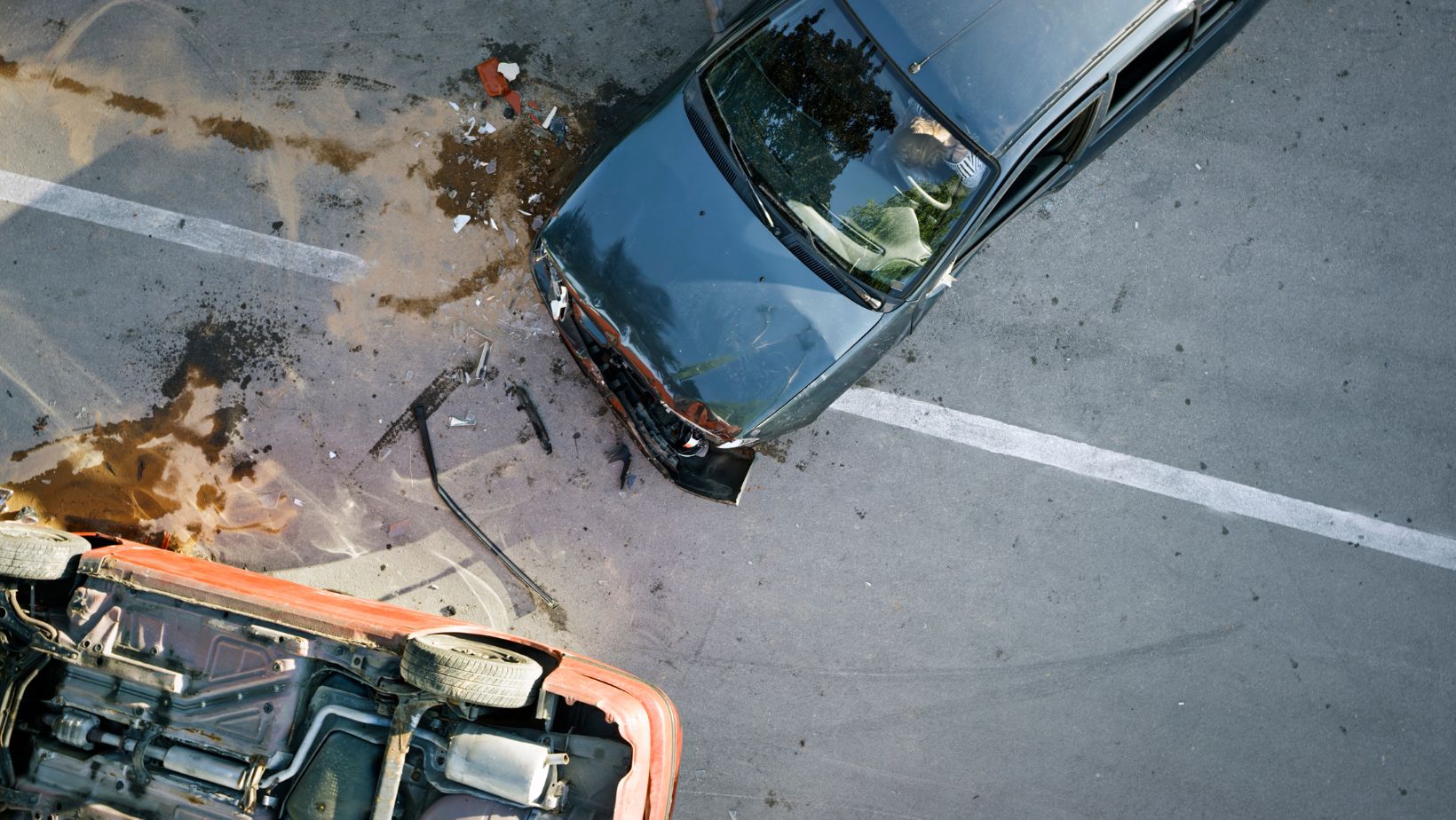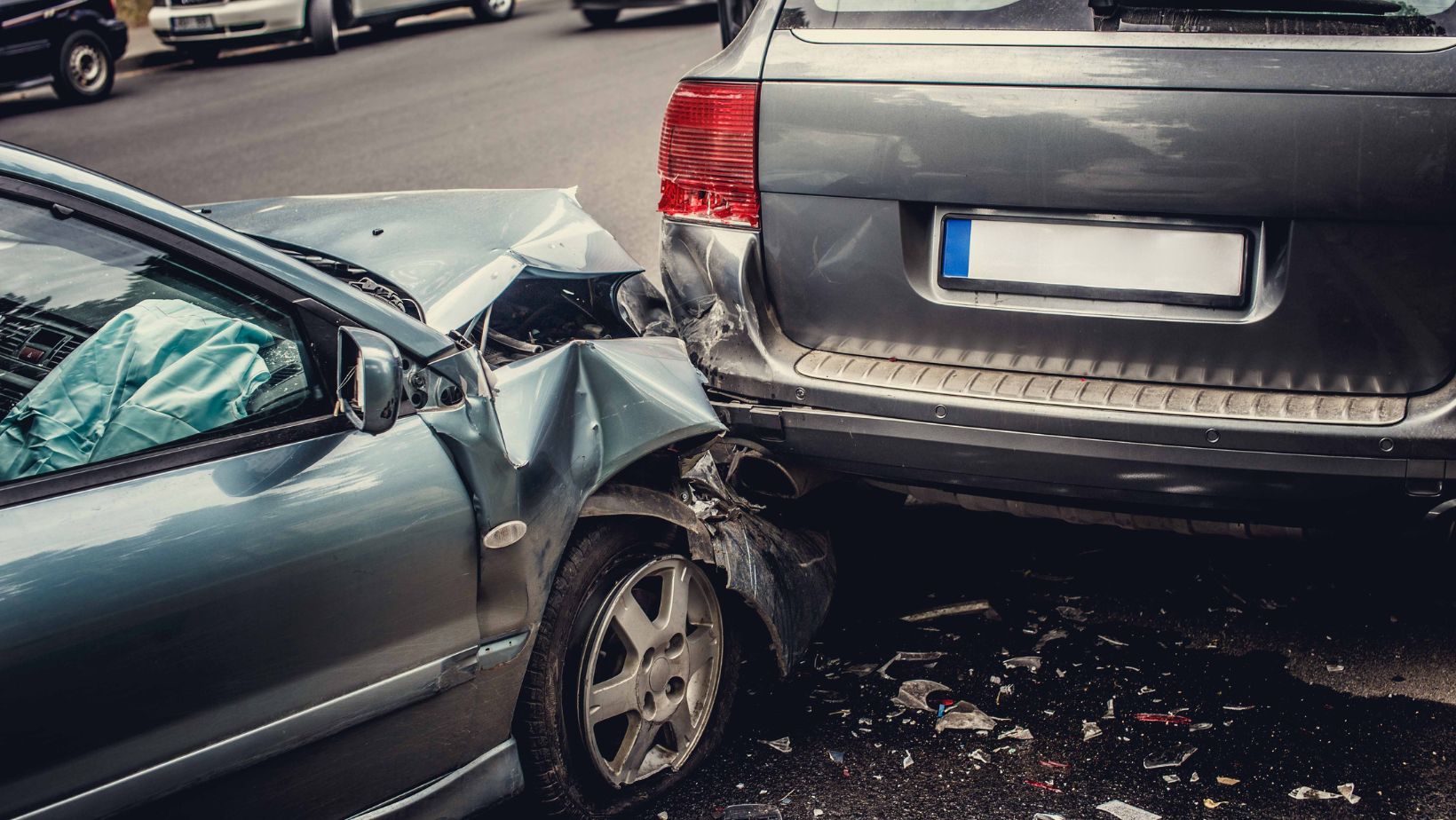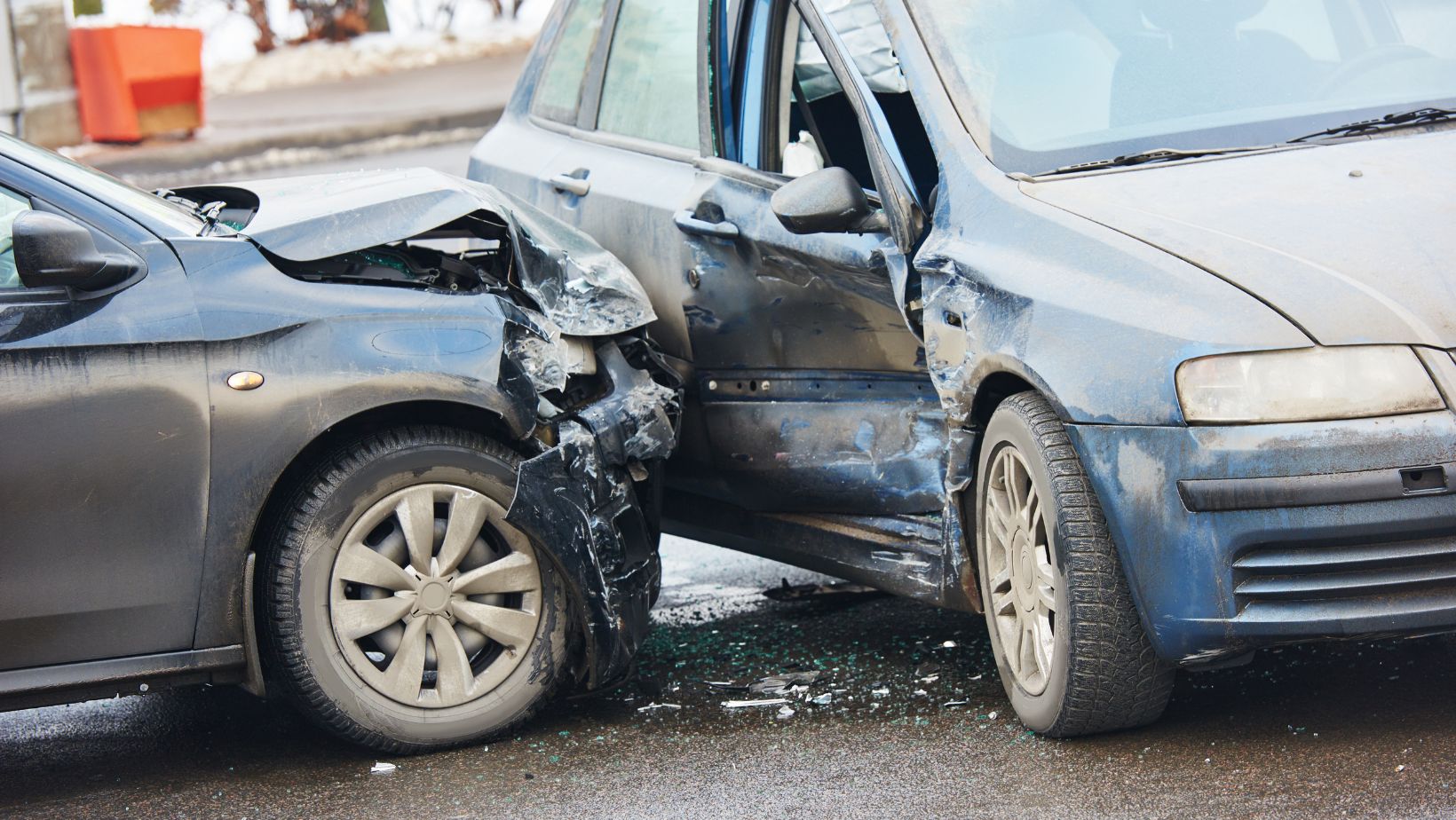
Were you recently involved in a car accident? If so, then you might be eligible for compensation. According to Texas law, if you’re at fault, you’re responsible for any damages to the victim following an accident, regardless of whether it was a mild fender bender or a life-threatening collision. However, it falls on the victim to prove that your negligence directly caused the accident and the resulting damages.
Today, we’ll explore some of the most common examples of negligence and the process of determining negligent behavior in car accident cases. Let’s dive straight into it.
What Is Negligence?
Negligence is when you fail to act in a reasonably careful manner under certain circumstances. You owe a duty of care to others to prevent foreseeable harm or injury. The elements of negligence include:
- Duty of care
- Breach of duty of care
- Causation
- Damages
When you breach any duty of care while driving, you’re considered to be negligent. The most common forms of negligence in car collisions include:
Brake Checking
Brake checking is when you hit the brakes suddenly as a reaction to perceived tailgating. While meant to deter tailgating, brake checking might result in rear-end collisions. That’s because the average reaction time is 2.5 seconds, and most drivers react too late to the abrupt braking, causing these accidents.
That said, brake checking is illegal in Texas and is considered a form of negligence. That’s because it intentionally creates a dangerous situation for the car behind and its occupants. If your car has been rear-ended, you will be held liable for the accident if you sharply hit your breaks.
Driving Under the Influence (DUI)
Drugs and alcohol impair your judgment and coordination. It’s every driver’s responsibility to avoid driving while under the influence of any intoxicating substance. A better alternative would be to get an Uber or call a friend to pick you up. Operating a vehicle while drunk or high puts other drivers and pedestrians at risk and is a form of negligence.
Flouting Traffic Laws
Texas traffic laws are designed to maintain safety and order on the roads. Breaking even the slightest traffic rule could lead to an accident. For instance, making an illegal left turn could cause a T-bone collision, hurting you and the other driver. Also, failing to yield the right of way could lead to a merge accident. Either way, breaking traffic regulations is an open disregard for the safety of others and counts as negligence, according to Texas law.
Fatigued Driving
Fatigued driving accounts for 328,000 car accidents and 109,000 injuries annually in the U.S. Driving when drowsy or fatigued compromises your ability to focus on the road ahead. It also results in a slower reaction time and decreased awareness, meaning you can easily swerve off your lane or fall asleep at the wheel. This puts other drivers and the public in danger and is considered negligence by Texas law.
Not Using Turn Signals
Using turn signals is among the most important aspects of driving. These blinking lights help communicate your intentions to other road users. Failing to use turn signals could cause accidents and is considered negligent behavior.
Incompetent Driving
Competent drivers have the skills and knowledge to drive safely on different types of roads under varying traffic and weather conditions.
The opposite is true for incompetent drivers who lack the knowledge, skills, and judgment to navigate roads safely. Incompetent driving is negligence, especially if you drive without a valid driving license.
Failing to Maintain Your Vehicle
Failure to keep your vehicle in good working condition is a lesser-known form of negligence but one that contributes to about 45,000 accidents yearly. Worn-down tires, faulty brakes, or blown lights affect the vehicle’s safety and performance, increasing the risk of accidents and putting other drivers and pedestrians in danger.
Failing to Adjust Your Driving to Weather Conditions
Drivers should exercise extra caution and awareness when driving in adverse weather conditions. Heavy rain and snow may reduce visibility. Ice, on the other hand, may make the roads extra slippery, increasing the risk of skidding. Drivers must adjust their driving accordingly during inclement weather by driving slowly, maintaining a safe distance behind other cars, and using their headlights appropriately. Failing to do so shows disregard for public safety and is, therefore, negligence.
Speeding
According to data from the NHTSA, speeding contributed to 29% of the country’s traffic fatalities in 2022. Driving at high speeds makes it more difficult to control the vehicle, increasing the risk of accidents.
It’s important to observe the designated speed to ensure the safety of all road users. Failing to do so puts others in danger and is also considered negligence.
How to Prove Negligence After a Car Accident
Victims of car accidents need to build a solid case against the defendant to get the justice they deserve. This typically involves providing sufficient evidence that the at-fault driver’s actions resulted in the damages. To prove negligence, they must present evidence, including the following:
- Police reports: These are official statements by law enforcement officers highlighting specific details about the accident.
- Witness testimonies: These consist of first-hand accounts from witnesses at the scene of the accident.
- Surveillance footage: Footage from security cameras showing the accident can also serve as evidence to prove negligence.
- Photos: Photos of vehicle damage are also considered credible evidence for car accident cases.
You Deserve Compensation After a Car Accident
Understanding negligence is the first step in pursuing justice after being involved in a car accident. Once you can establish and prove that the at-fault driver was negligent, all you have to do is file a claim with the at-fault driver’s insurance company and wait for your compensation.
However, it’s worth noting that the claims process has many legal complexities. It might be a good idea to seek the help of a licensed personal injury attorney to help you navigate the legal processes and get you the justice you deserve.








